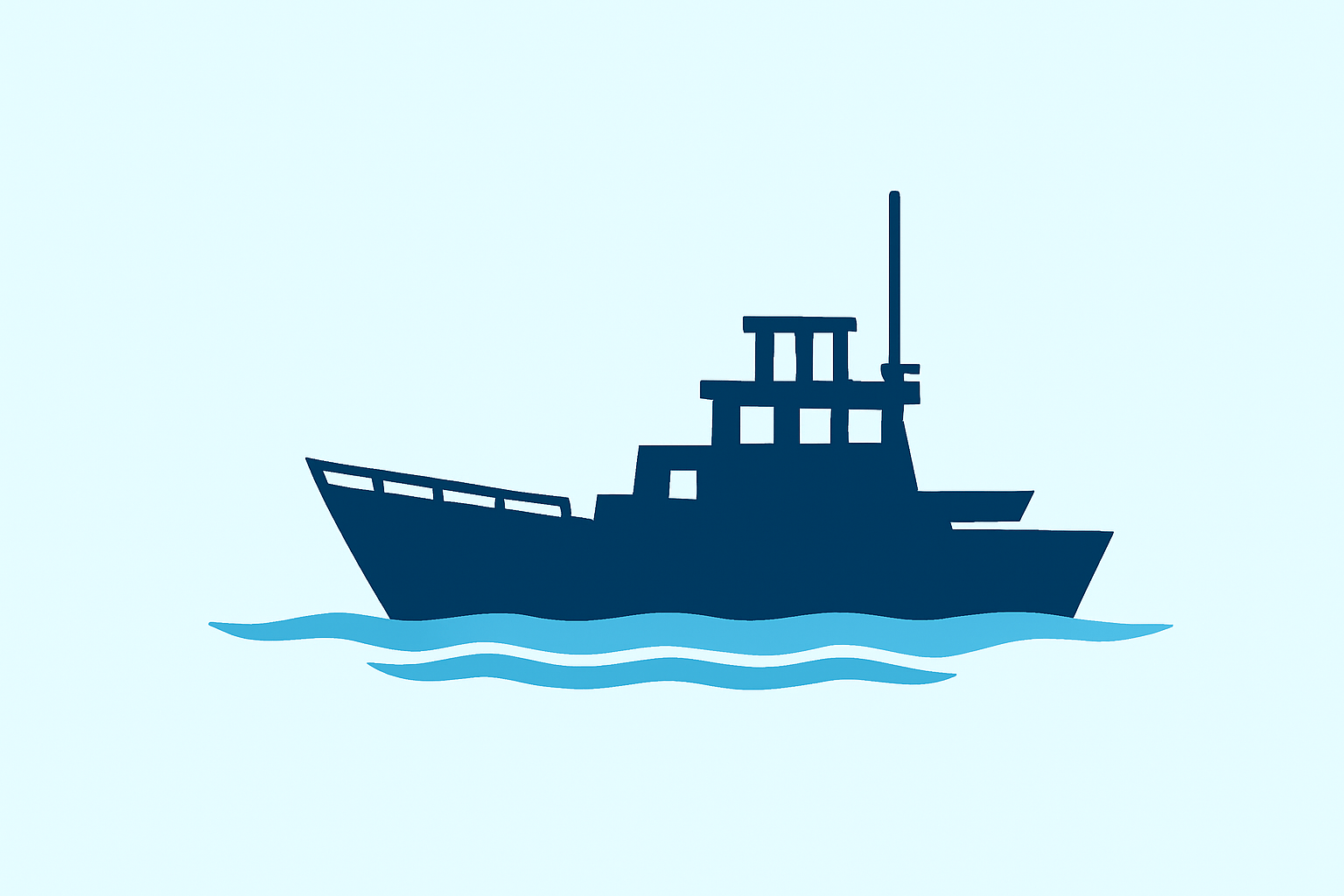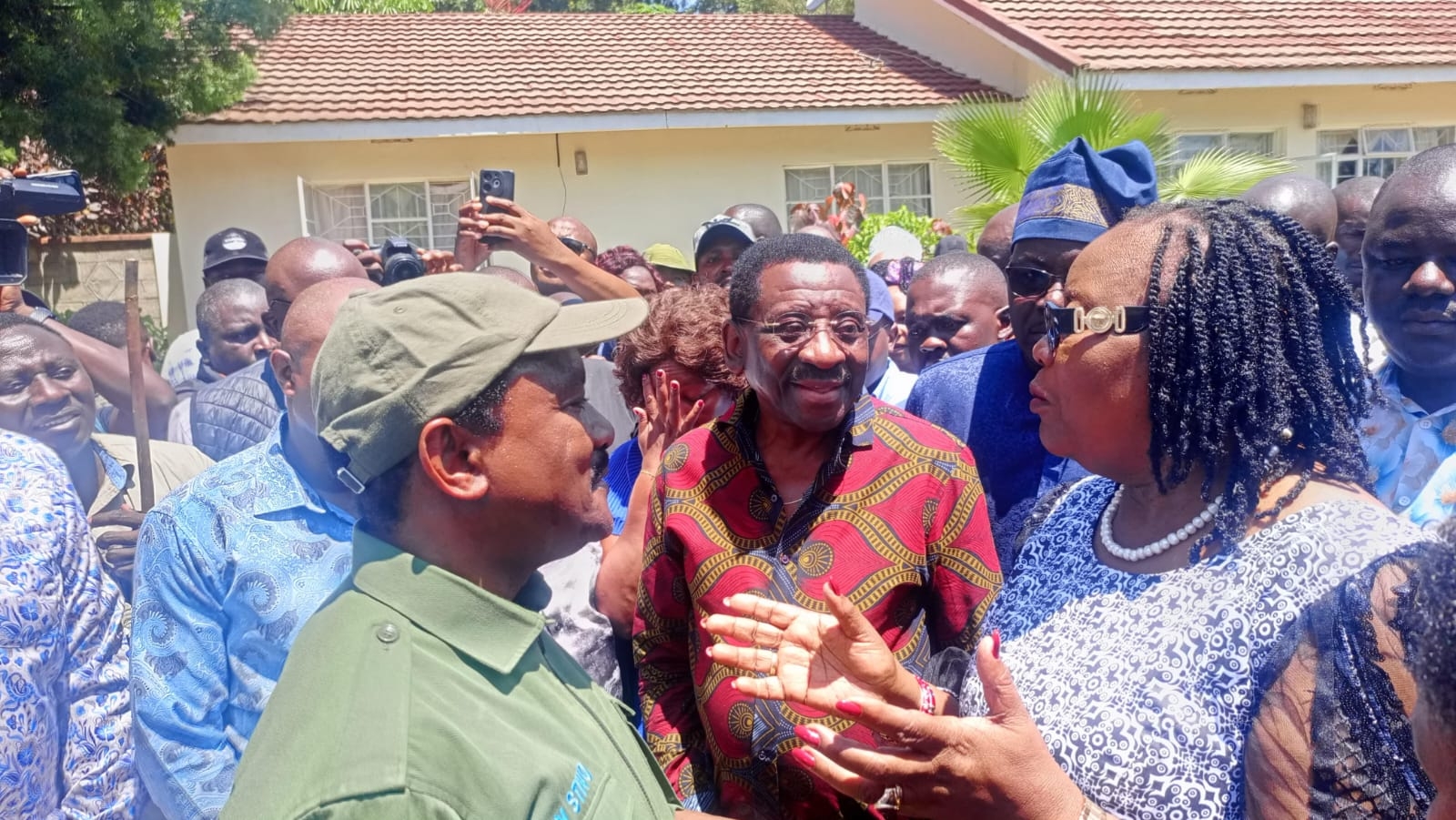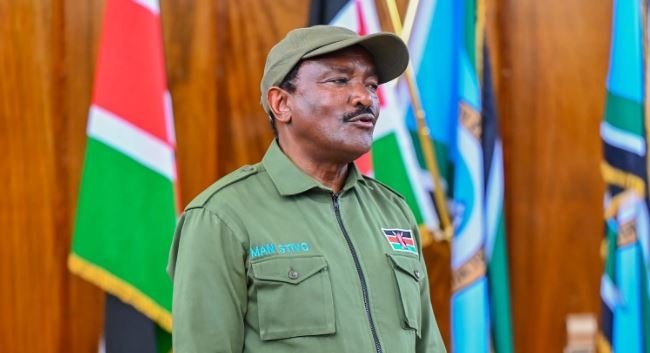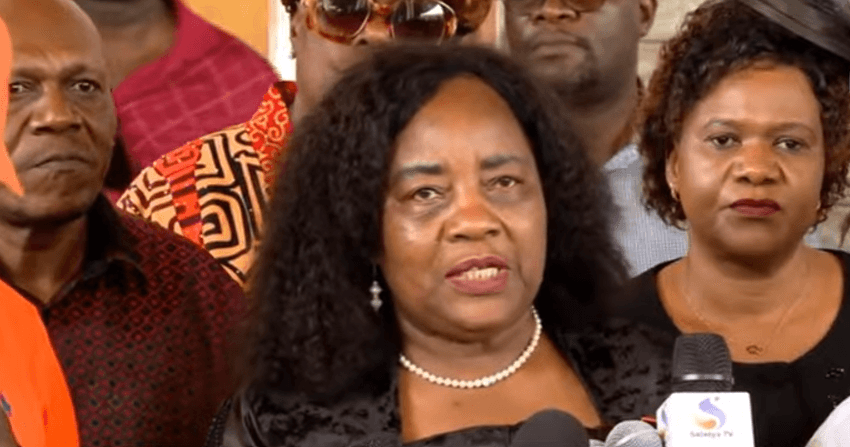
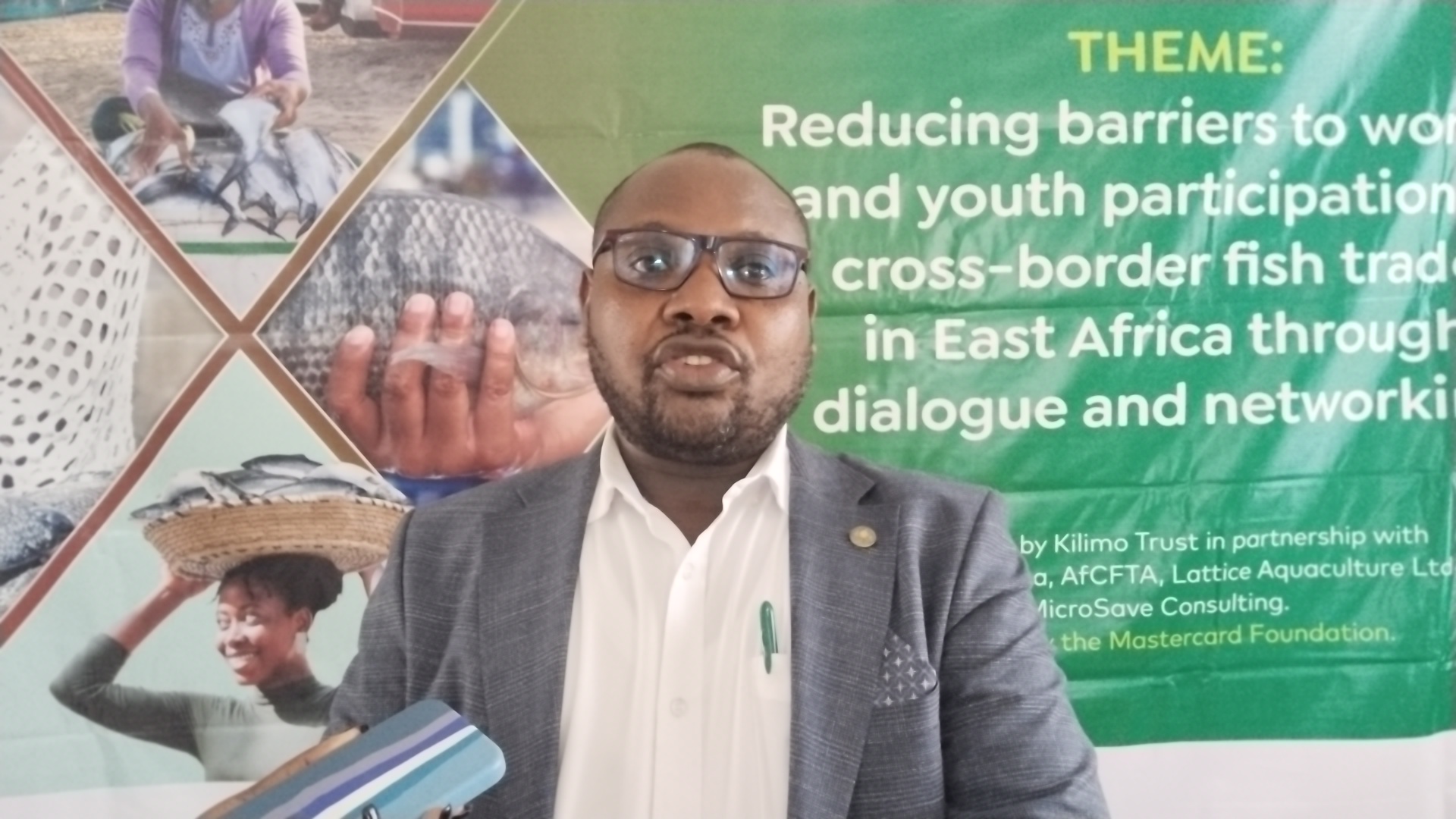
Women and youth in the fisheries sector have been urged to take active roles in shaping policies that influence their participation in the blue economy.
This call was made during a meeting held in Kisumu county under the Inclusive Market Access Programme, a regional initiative funded by the MasterCard Foundation and implemented by TradeMark Africa, the African Continental Free Trade Area, and other partners.
The programme, which seeks to empower women and youth through improved access to markets, is being implemented by Kilimo Trust Kenya, Lattice Aquaculture, and Microsoft Consulting.
It targets actors in the fisheries subsector across Kenya, Uganda, Tanzania, Malawi, and Zambia, focusing on breaking barriers that limit participation in the blue economy.
Anthony Mugambi, the country team leader at Kilimo Trust Kenya, sad the fisheries sector remains highly gendered, with men controlling most of the productive resources such as boats and equipment.
“Women are mostly confined to trading smaller fish species like omena while men dominate large-scale fishing. Lack of access to finance also prevents women from owning cages or investing in aquaculture,” Mugambi said.
He added that socio-cultural barriers continue to hinder women’s involvement in cross-border trade, citing cases where women are discouraged by their spouses from traveling for business.
“These restrictions expose them to economic vulnerability and exploitation, including the notorious ‘sex for fish’ practice,” he noted.
Mugambi emphasised that empowering women and youth to sit at the policy-making table is key to addressing such systemic challenges.
“By being part of policy processes, they can ensure their issues are considered and addressed effectively,” he said.
Mugambi said that by strengthening collaboration between counties, national governments, and regional bodies, the program aims to create a more inclusive and profitable fisheries sector.
Susan Njeri, the president of the Association of Women in Fisheries Blue Economy Kenya, echoed the need to raise women’s voices in fisheries governance.
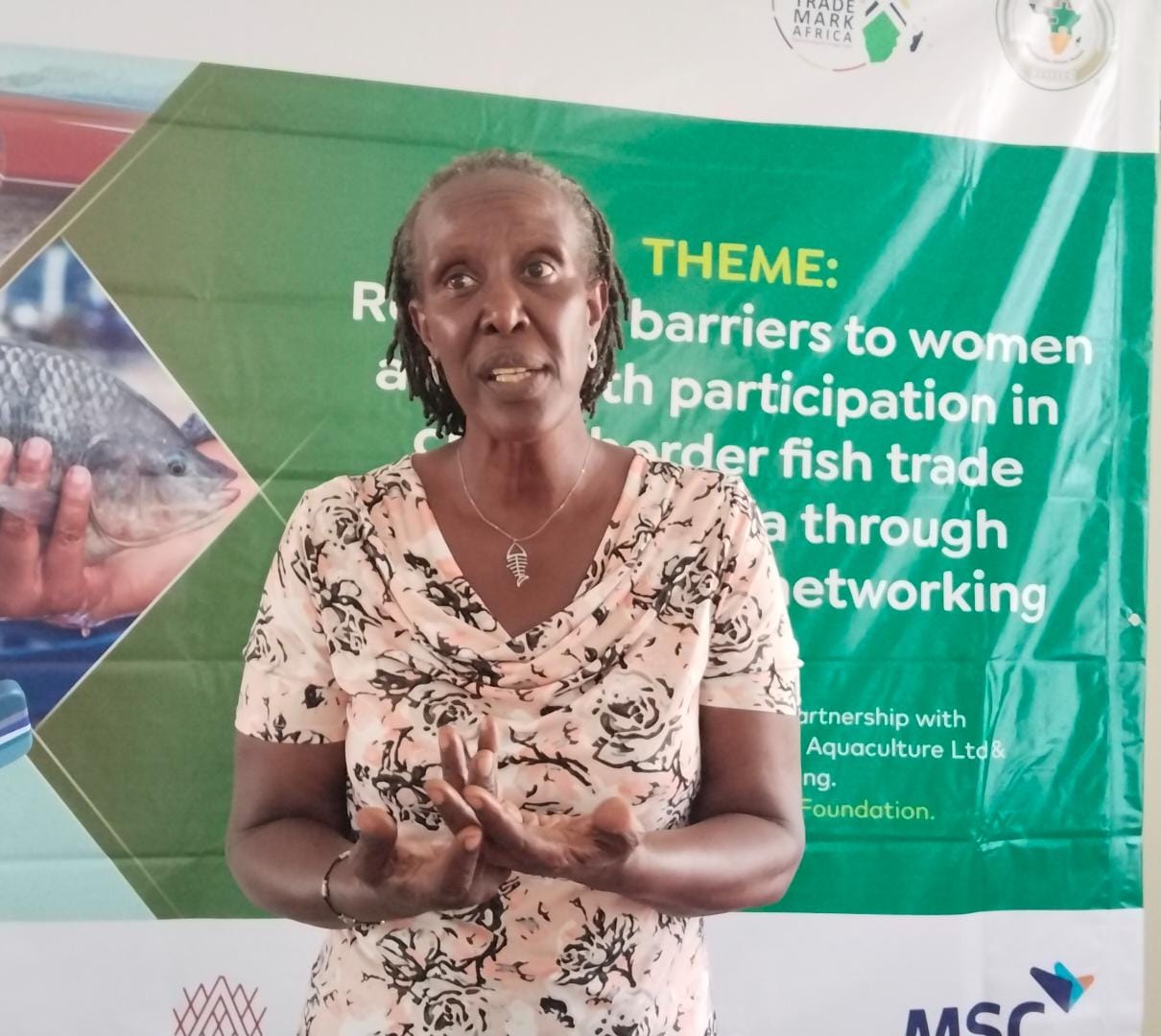
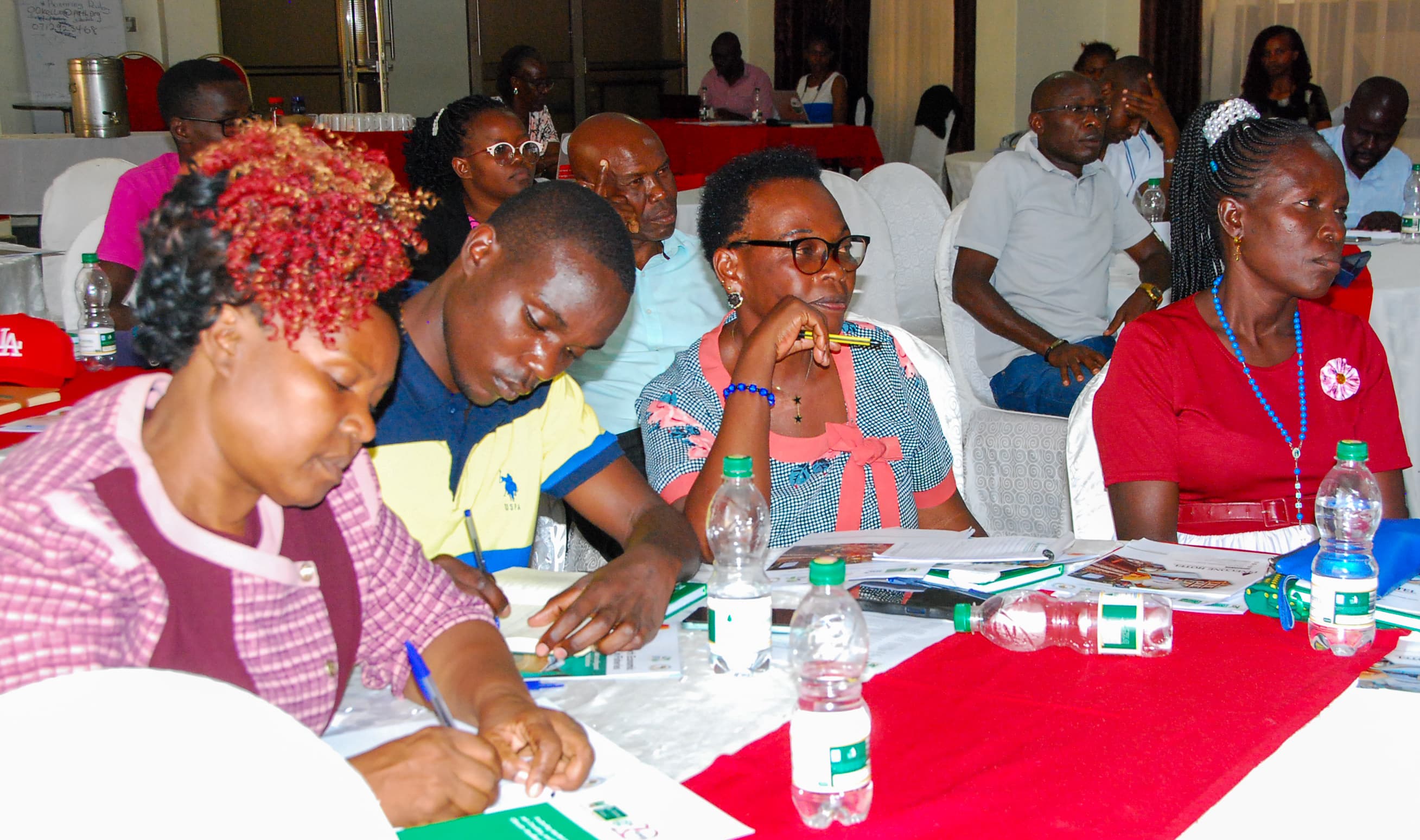
She noted that despite women forming the majority of small-scale fish traders and processors, their contributions remain undocumented and undervalued.
“For a long time, women have been invisible in data and decision-making. This initiative provides us with an opportunity to raise our profile, formalise our businesses, and harmonise trade policies to make cross-border trade easier,” Njeri said.
Through WYEEFIMA, a continental network of women in fisheries and marine activities operating in six countries and two island states, the organisation is helping women transition from traditional trading to value addition.
“We are moving beyond selling whole or sun-dried fish. Now we are producing fish sausages, fish balls, fish powder, and soup, while also targeting niche markets,” she explained.
Njeri added that formalising businesses through proper registration, branding, and packaging is helping women access new opportunities, including government and export markets.
Despite these gains, financial inclusion remains a major challenge.
Many women, she said, rely solely on mobile money transactions that are not recognised by banks as proof of business activity.
“With the support of Microsoft Consulting, we are training women on financial literacy, record keeping, and becoming investor-ready,” she said.
Njeri also highlighted efforts to promote food safety and traceability in fish handling, ensuring products meet local and international standards.
“We are working closely with TradeMark Africa and AfCFTA to align our practices with sanitary and phytosanitary standards so that our fish products can access broader markets,” she said.
The dialogue brought together representatives from women and youth groups, policymakers, security officials, and regulators drawn from counties including Busia, Kisumu, and Turkana.
Njeri emphasised the importance of mentorship and peer support among women.
“When I rise, I must raise another,” she said, adding that the initiative aims to create over 242,000 jobs across the region.
“If they don’t give us a seat at the table, I will carry my own seat and make sure women are part of the conversation. This is for us, leaving no woman behind.”
David Nyamwaya from the State Department Blue Economy and Fisheries Turkana region said the programme promotes social inclusion by ensuring women and youth play active roles along the entire fish value chain from production to trade.


